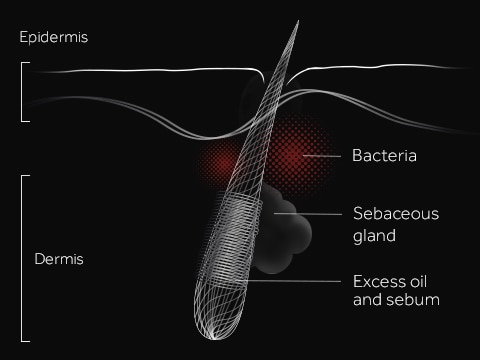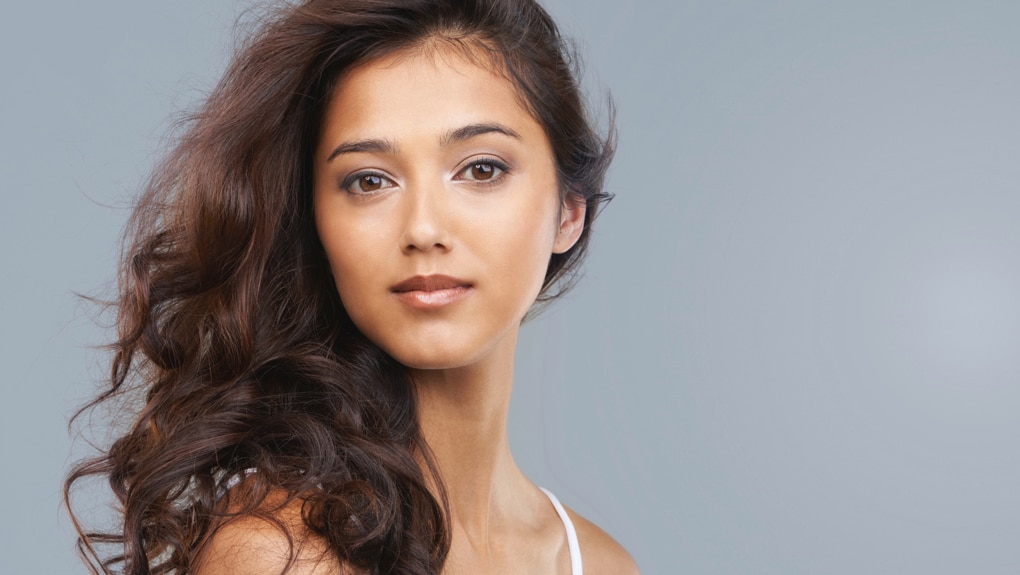Say goodbye to acne with a little chemical romance
Here’s a skin-clearing ingredient you need to try — retinoids.
In Pimples
Retinoids are an active ingredient dermatologists swear by. This superpower ingredient is an effective tool in fighting against acne.
What’s the big deal about retinoids?
Retinoids are vitamin A compounds that come in a variety of potency levels. The term “retinoids” is usually reserved for the purest form of this ingredient. It has the highest concentration of vitamin A, and therefore needs to be prescribed by a dermatologist or doctor. It’s so strong that it’s not advised for pregnant women, as pure vitamin A can cause birth defects.
Retinols and retinol derivatives, on the other hand, are often found in popular skincare products, which you can buy just about anywhere. Some names you’ll find on an ingredients list: Tretinoin, retinol, retinyl palmitate and retinaldehyde.
How does it stop acne?
This is where it gets a little science-y — retinoids break down into retinoic acid, which then binds to your skin cells, balancing out the rate of sebum (oil) production.
If you’ve used retinoids before, you might’ve noticed a stinging sensation. This is because of the increased cellular activity — your skin renews itself faster than it normally would, keeping your pores clear of dead skin cells and dense sebum.
Is there a catch?
While retinoids can solve your acne woes, it isn’t a miracle cure to cover all your bases.
Common side effects include increased sun sensitivity, temporarily inflamed skin, and dryness. So it’s important to continue the use of sunblock and moisturizers to protect your skin from sun damage and keep skin hydrated.
The other thing is that it can take up to six months for retinol to work its magic, so don’t be discouraged. Keep to a regular skincare regimen to keep pores clean to help the retinoids along.


